It’s indisputable. Food & Drink is The Spectator’s most important section. Ask yourself this: if you hadn’t eaten in days, would you have the slightest interest in perusing the deft political analysis, elevating cultural commentary and scintillating wit to be found the rest of the magazine? Without food, the only reading worth bothering with is Preparation for Death. As starvation sets in, only the two inevitables remain — Death and Taxes — and what need to worry about taxes? Tombstones have no mailboxes, shrouds no pockets.
For over a millennium, November has been the month of the dead. The eleventh has been dedicated to fallen soldiers ever since World War One; but All Souls’ Day goes back much farther. It was instituted by Odilo of Cluny somewhere around AD 1040, not long before William conquered England and Harold took an arrow to the eye — both of them now souls to be remembered on All Souls’ Day, or, should their earthly sins by now be expiated, on All Saints’.
Materialist modern minds live in a cold and lonely bunker, where only the people now alive exist and matter. Not so our ancestors, around whom past and future generations clung thickly like leaves on a tree. For them we were all in the same magazine, the living just in a different section — in Food and Drink, say, rather than in Books or Arts. A great cloud of unseen witnesses swarmed around us, innumerable souls and spirits, friends and foes, all keenly interested in our daily lives. Those from hell were enemies, cunning fomenters of evil, to be avoided and fought off. Those in heaven were influential protectors. And those in purgatory were suffering friends, who desperately wanted help from the living, and would return the favor with interest.
Which is where soul cakes, one of the earliest traditional foods for All Souls’ Day, come from. Soul cakes were a kind of spiced shortbread, and in Britain and Ireland, children and poor people would go door to door on November 2, singing and asking for soul cakes, promising in exchange to pray for the souls of the household’s dead. With Protestantism, praying for the dead went out of fashion, for the reformers rejected purgatory, claiming that only faith mattered, not expiation of bad deeds. Puritan diehards might have liked to consign the sweetmeats to perdition as well, but that was a harder sell. Going door to door for soul cakes continued well into the twentieth century.
Imagine being a soul in purgatory under such circumstances. There you’d be in the flames, doing twenty richly deserved years for misdemeanors you repented, but hadn’t done much penance for. You’re thrilled you’re on track for paradise, of course. But a few months have gone by, and you can’t figure out why you’re not getting any help from the folks back home. No sprinklings of holy water on your grave, no rosaries or indulgences floating to you, no fasting and almsgiving on your behalf. You were expecting your grandchildren, who inherited pots of money, to be striving for your early release, but no. You donated a stained-glass window to your parish church, thinking that you’d earn a few prayers as a benefactor; zilch. You left money in your will for Masses to be said for your soul, but they don’t seem to be happening just yet. Then, you hear from newly arrived souls that things have gone very wrong back on earth.
“You can’t mean they just don’t believe in purgatory anymore!” you gasp, sweat trickling down your horrified brow.
“That’s what I’m telling ya, Hank!” says the newcomer.
“But what about the church I gave the window to? Why aren’t they saying Masses for me?”
“They smashed up a lot of the stained-glass windows lately. Took a dislike to images of Our Lady and the saints. Said they were idolatry. And they don’t say Mass anymore; they have ‘service.’”
You sit back down in your fiery cell, horrified beyond words.
But then, blessed relief, a cooling breeze. All Souls’ Day happens on earth, and people who never knew you, who aren’t even related to you, people from all over the world, pray for the souls of the faithful departed. They visit graveyards, say rosaries. Masses are offered. You find your time reduced by half, or entirely expiated by some particularly generous person. Your gratitude is boundless. You would do whatever good thing is in your power for those friends in time of need.
You’d be grateful to the soul-cake collectors; even if the souler’s prayers have fallen by the wayside, the old custom might remind someone else of the souls in need of help. You’d be grateful to Italian bakers making the gruesomely named ossa dei morti, femur-shaped cookies made from almonds ground fine, like the ogre does with bones in “Jack and the Beanstalk.” You’d be thankful for the Spanish heusos de santo, or saint’s bones, too: marzipan tubes with sweetened egg yolk filling — presumably representing bone marrow. You might even come to appreciate uove in Purgatorio, eggs poached in spicy marinara sauce with grated pecorino on top.
And you would be particularly annoyed with people who claimed, after your shuffling off this mortal coil, that you were a shining paragon of virtue, already shoulder to shoulder with the angels. “Don’t celebrate my life, you idiots!” you’d be muttering. “I am not sitting in the sky right now, sipping a beer and watching the game, and I would want you to be sad. I’m suffering to expiate the sins of a long and excessively comfortable life, and I’d appreciate a little help up here. Get out the funeral baked meats, book the clergy, hire the musicians. Make it as long and as penitential as possible and be sure to mention hellfire in the sermon. Anything that gets people to take this seriously, for pity’s sake!”
This article was originally published in The Spectator’s November 2024 World edition.



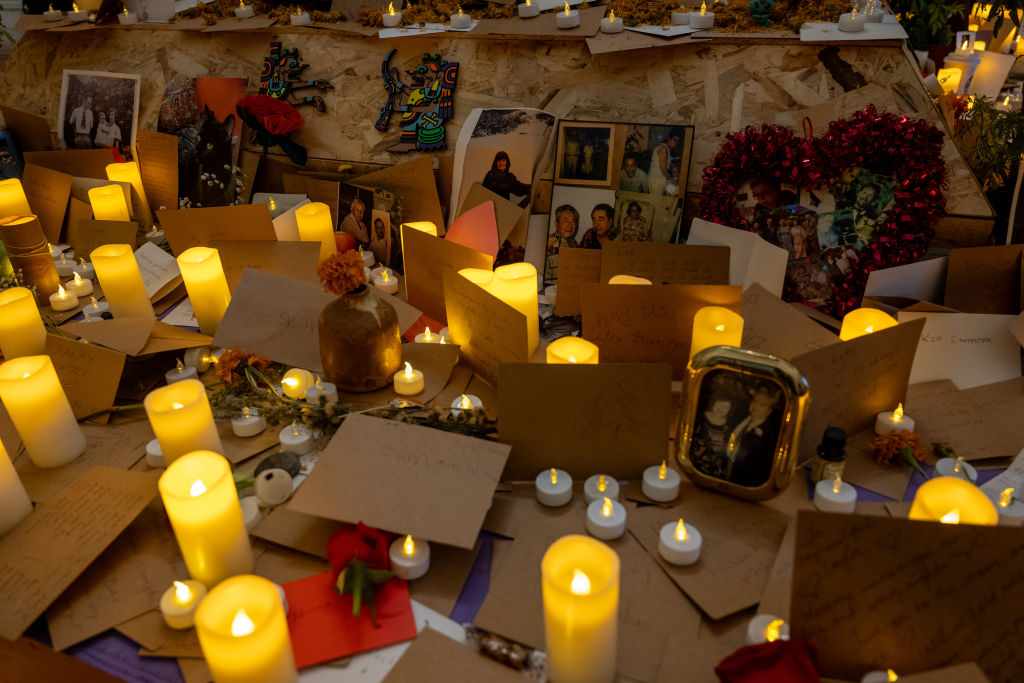






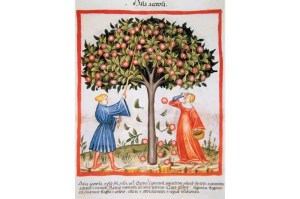


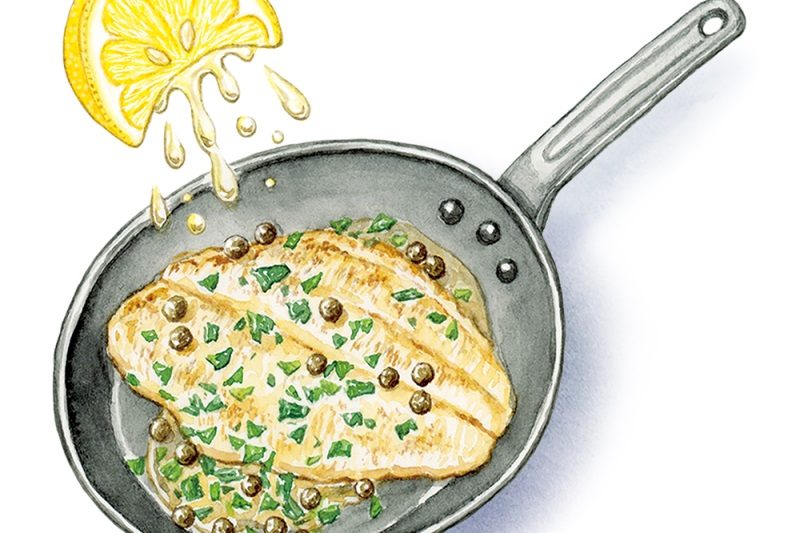


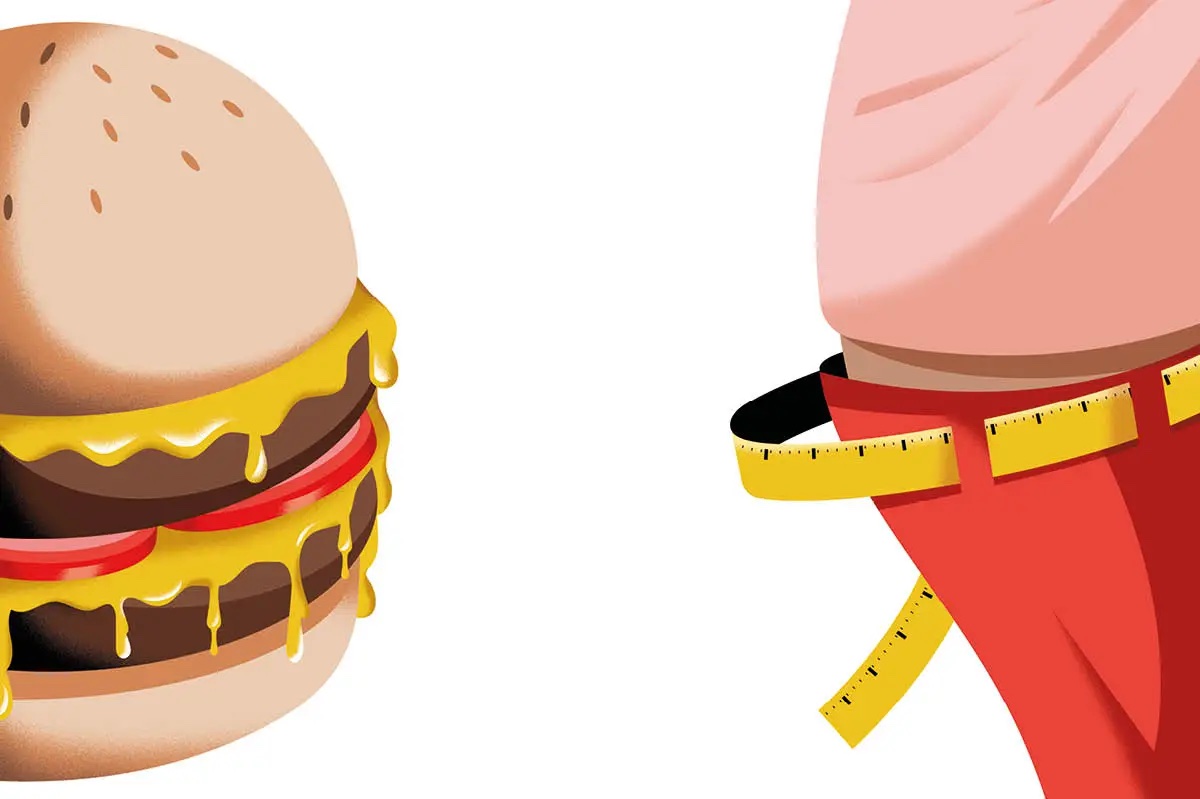
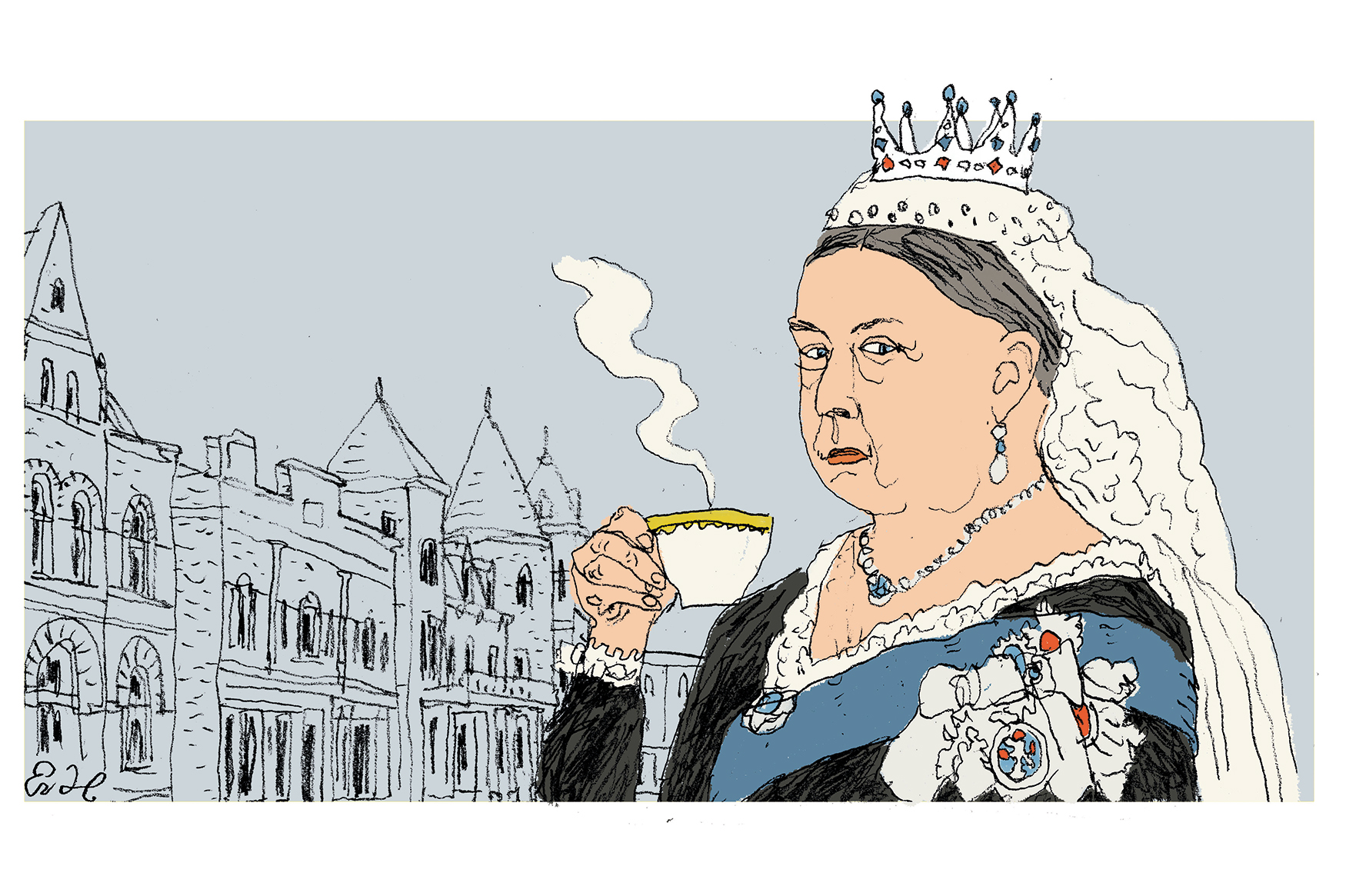
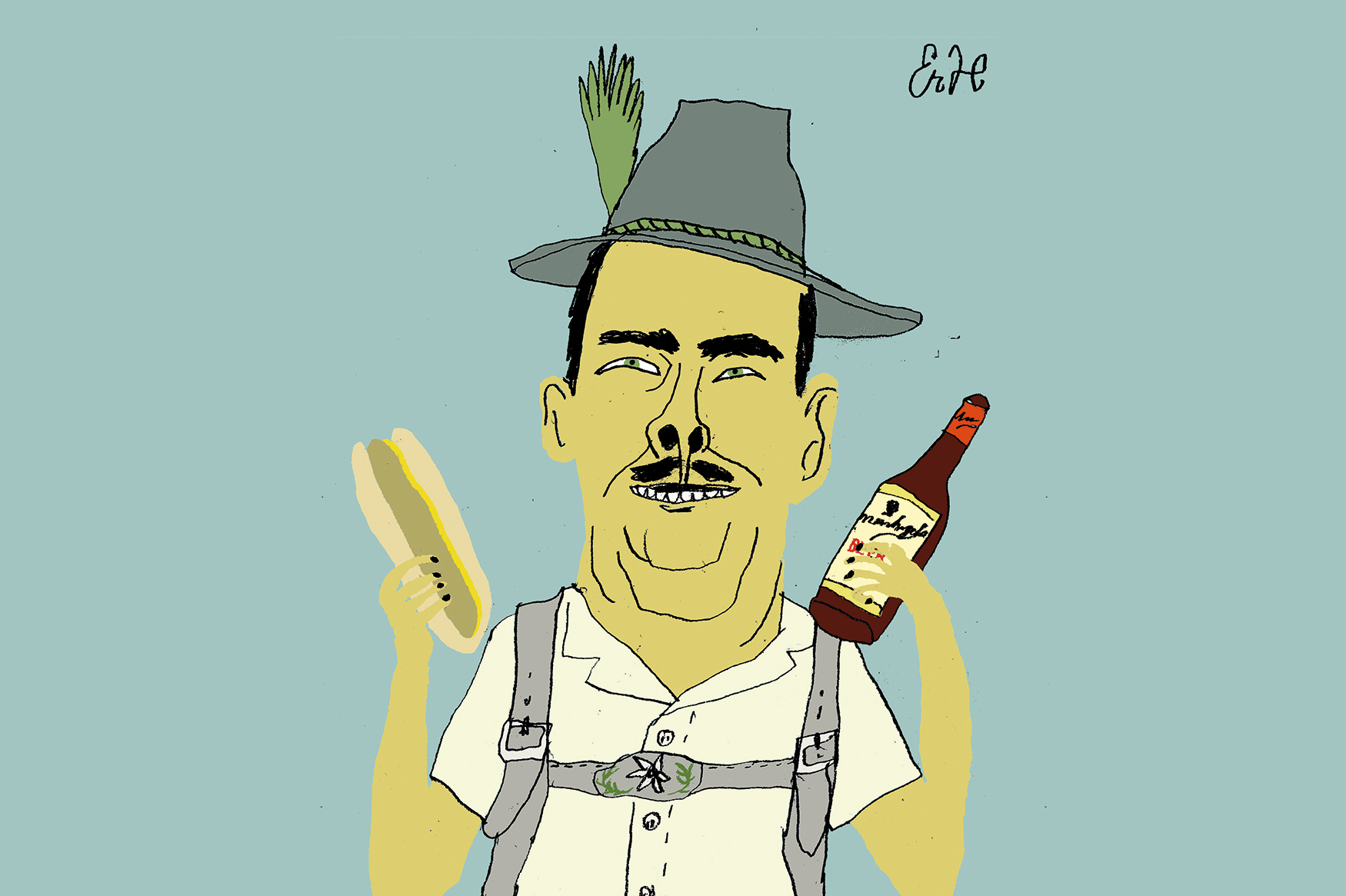







Leave a Reply